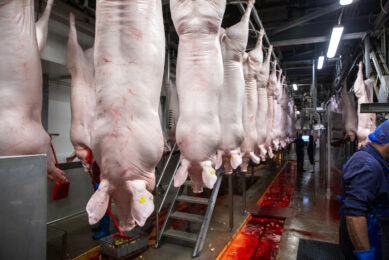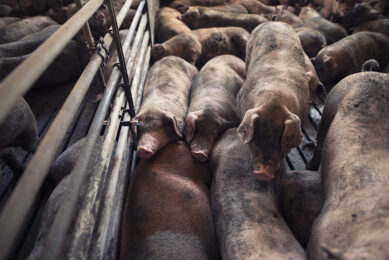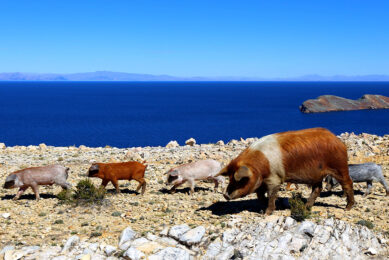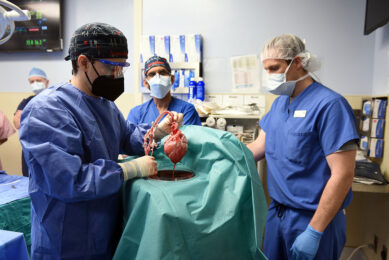US breathes again as PEDv fades away
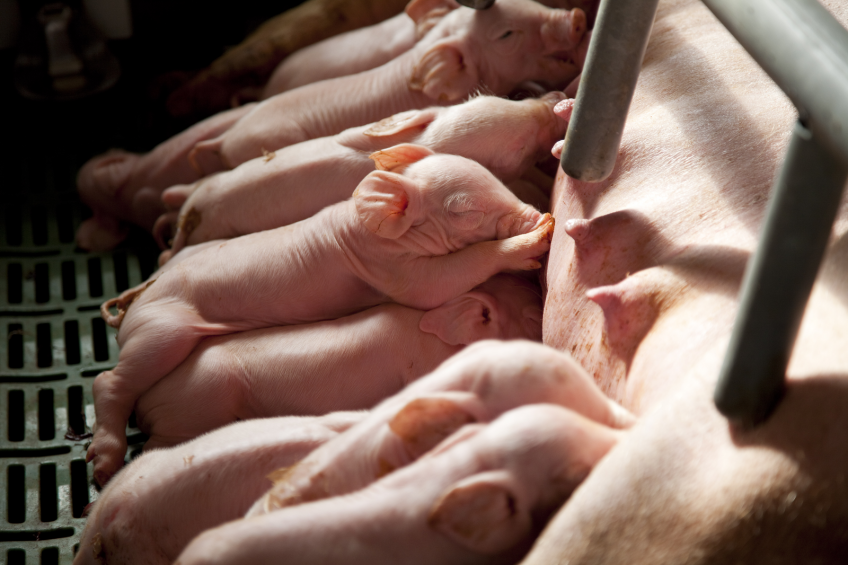
The United States swine industry is relieved to see the number of Porcine Epidemic Diarrhoea virus (PEDv) infections reduce to virtually zero.
The most recent update, released last week by the United States Department of Agriculture (USDA) mentions only 2 confirmed new cases of PEDv. In comparison to even December 2014 or January 2015, this is a substantial reduction, as in those months, often weekly reports spoke of 50-60 new infections.
PEDv not spreading strongly in summer times
Taking into account that PEDv is mostly spreading in winter times, a comparison with last year’s summer proves positive as well, as on average, reports for PEDv were about 20 per week last summer.
Since it was first identified in the United States in 2013, the virus (PEDv) has killed roughly 8 million pigs in the US alone.
Outperformance of pig numbers
The dwindling of PEDv outbreaks has also led to a strong outperformance in pig numbers in comparison to 2014. Steve Meyer and Len Steiner at The Livestock Report commented last week, “It seems a little desperate when we ‘celebrate’ a year-on-year production gain that is less than 10% but such is the case for the pork sector this week.”
The growth of pig numbers – and hence no longer a situation of scarcity, has an effect on prices paid for pigmeat. To quote the Livestock Report, hog prices and the cutout value made modest gains last week on continuing gains in the price of bellies and a much-needed surge in ham prices whose primal composite gained 9.5% to reach $64.27 last week. That still pales in comparison to last year (-53%) but the industry will take improvements where it can find them!”
Sharing information is important
Dr Paul Sundberg, head of the US Swine Health Information Center, told Farmscape, that PEDv had exposed the importance of sharing information.
He said, “One of the things that producers and their veterinarians realised through that experience as well as with that continued battle with PRRS is that sharing information in a manner than can help everybody is valuable and can help improve the health of the national herd and improve the health of the herds on the farm.”
He added, “I think that experience of sharing information and also the realisation of that we continue to be at risk and we need to be better prepared for the next one to come so we don’t have to start from zero like we did with PED.”



